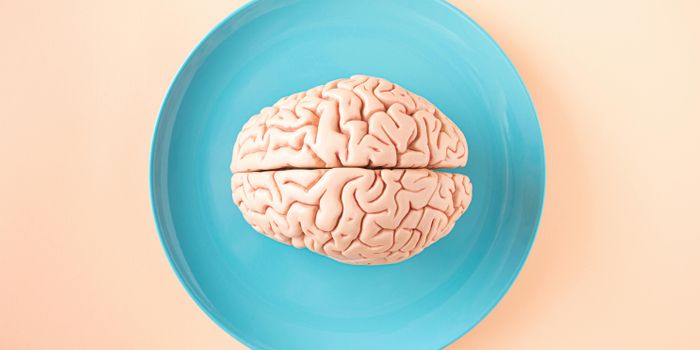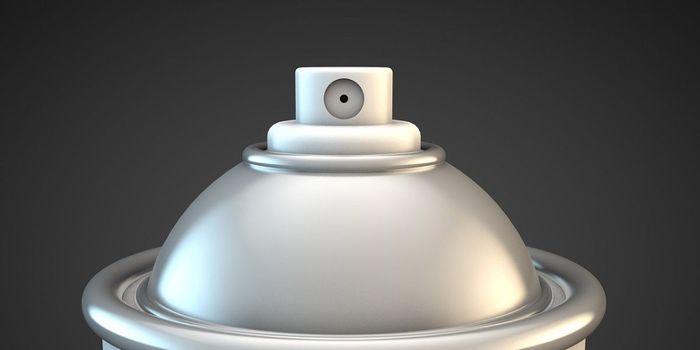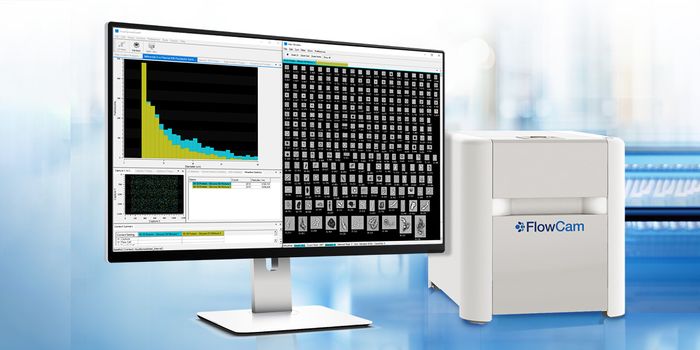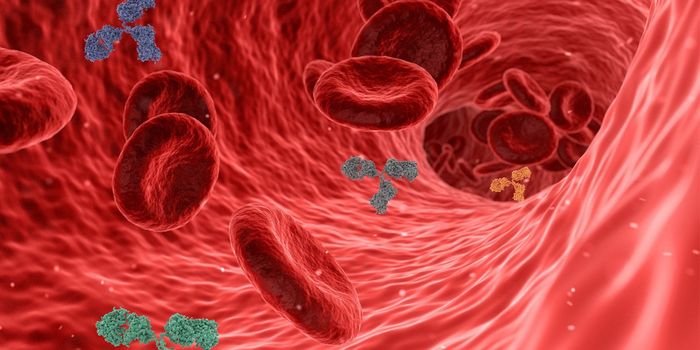Dietary Supplement Successfully Treats Mice with Schizophrenia
Researchers from the University of Tokyo have found that betaine, a dietary supplement found in sugar beets, reduces behavioural symptoms of schizophrenia in mice with a genetic predisposition to the condition.
The kinesin superfamily of genes in mammals mostly encodes motor protons that move materials throughout the cell. Genetic studies of people diagnosed with schizophrenia show that people with the condition tend to have variations in the kinesin family 3b (kif3b) gene as well as another involved in the body’s internal synthesis of betaine.
As such, mouse models of schizophrenia usually have only one functional copy of the kif3b gene. These mice tend to avoid social interactions and have similar reactions to humans in tests measuring how startled they become after sudden, loud sounds proceeded by quieter ones.
For the study, researchers raised mice with this schizophrenia model on betaine supplements at three times the normal dietary requirement. In doing so, the mice were observed to have normal behaviour, meaning that the supplement may be able to treat symptoms of schizophrenia.
To understand how this may work, the researchers then grew nerve cells with the kif3b mutation in the lab and added fluorescent labels to them to map their development. These kif3b mutant neurons tended to have more branches than regular neurons, something also observed in brain samples donated by patients with schizophrenia regardless of their treatments.
In observing the cells more closely, the researchers found that the presence of skeleton components in neuron development known as tubulin and actin differed from that observed in normal cells. A chemical analysis of the brains of kif3b mutant mice and human schizophrenia patients revealed damage to CRMP2, a protein used for the assembly of actin.
As such, the researchers proposed that betaine may help patients with schizophrenia by preventing a kind of chemical damage, known as carbonyl stress, that leads to CRMP2 dysfunction. This comes especially as postmortem brain scans have found that CRMP2 is the protein that undergoes the most carbonyl stress in the brain.
By protecting CRMP2 from damage, the researchers propose that betaine may allow kif3b mutant neurons to build proper cell structures. With these structures built, the remaining functional KIF3B proteins can then transport cargo around the cells, something that, once extrapolated, may reduce some symptoms of schizophrenia.
While the researchers don’t encourage people to take betaine supplements without a doctor’s recommendation, they say that one day, after further tests and trials, they may be able to be repurposed to treat schizophrenia. This comes especially as the supplement is already known to be safe from pre-existing clinical use.
Sources: Neuroscience News, Cell









